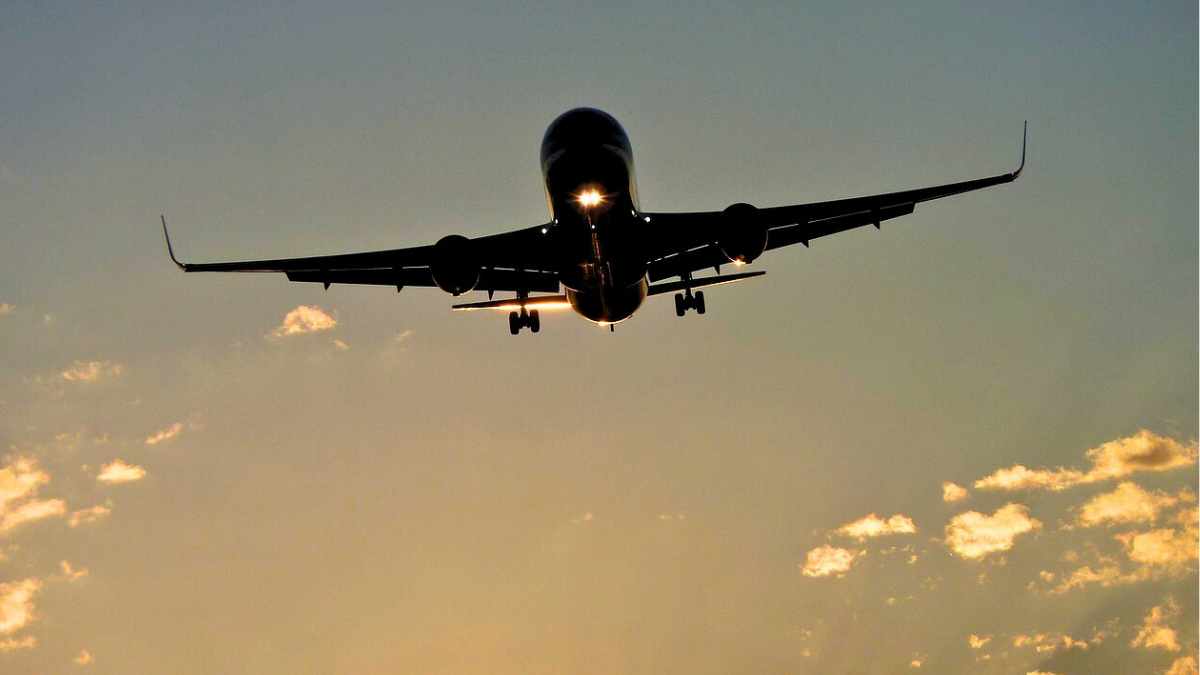
India orders urgent safety checks on Boeing fleet
India’s Directorate General of Civil Aviation (DGCA) has ordered all domestic airlines operating Boeing aircraft to inspect the fuel control switch locking system on specific models by 21 July 2025. The directive, issued on Monday, follows a preliminary investigation into last month’s tragic crash of Air India flight AI 171, operated with a Boeing 787-8, in Gujarat, which resulted in 260 fatalities.
The move requires airlines to check the locking mechanism of fuel control switches in Boeing 787 and 737 series aircraft and submit their inspection plans and completion reports to the DGCA and relevant regional offices. The fuel control switches are critical components that regulate the flow of fuel into an aircraft’s engines.
The measure comes in response to findings from the Aircraft Accident Investigation Bureau’s (AAIB) interim report on the Air India crash, where it was revealed that fuel supply to both engines was cut off within seconds after take off, sparking confusion in the cockpit over the switch positions. The report stated the switches were in the ‘cutoff’ position; one pilot was reportedly heard questioning the other about who moved the switch, indicating possible procedural confusion rather than mechanical failure. No specific remedial action was recommended by the AAIB at this stage.
The DGCA stated that the order is in line with a 2018 Special Airworthiness Information Bulletin (SAIB) issued by the US Federal Aviation Administration (FAA), which had warned about the potential disengagement of the fuel control switch locking feature on multiple Boeing aircraft variants, including the 737 and 787 models. The FAA bulletin at the time was not an airworthiness directive, indicating it was not considered a broad safety threat, but recommended voluntary checks.
Both domestic and foreign carriers, such as Air India, Air India Express, Akasa Air, SpiceJet and global operators like Etihad, use affected Boeing models and have begun the mandated safety checks. Inspections are being carried out internationally as well, including by regulators in South Korea and the UAE.
The DGCA’s latest instructions emphasise that all affected airlines must ensure strict compliance with the inspection deadline to safeguard continued airworthiness and operational safety.
